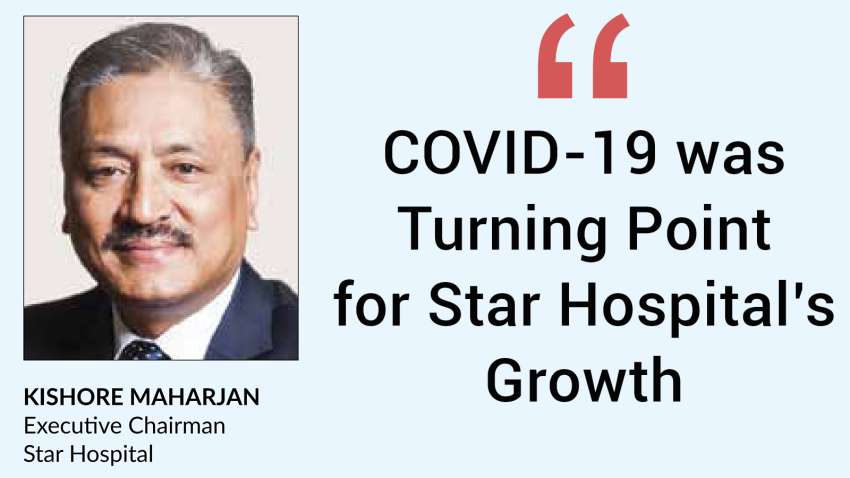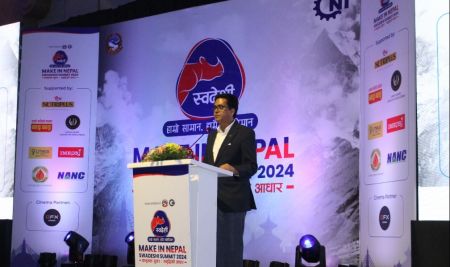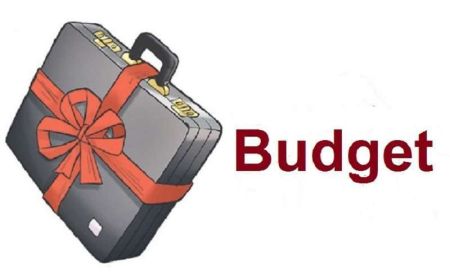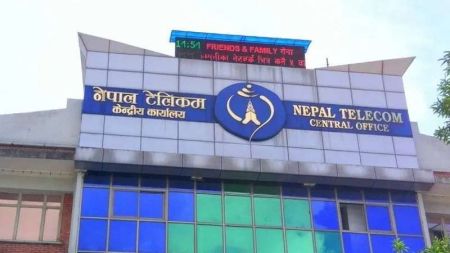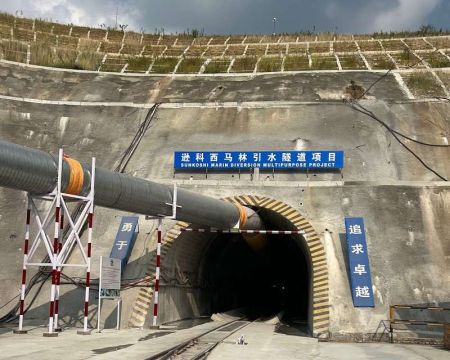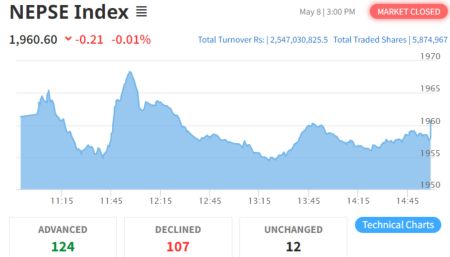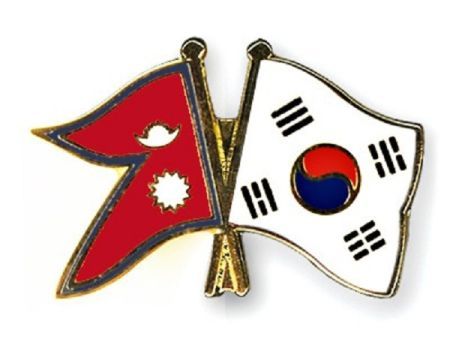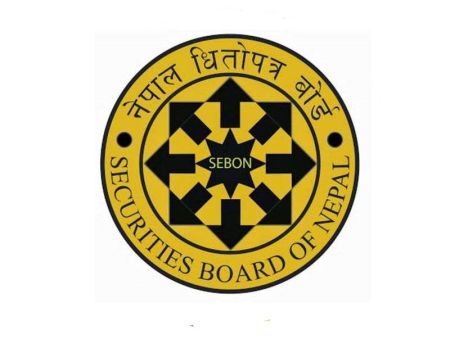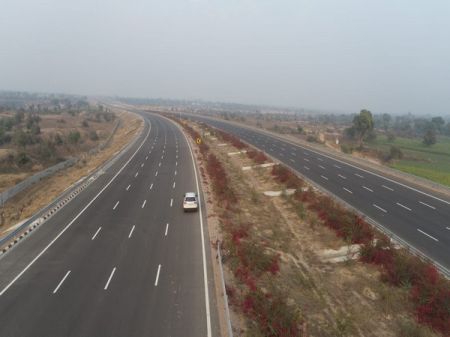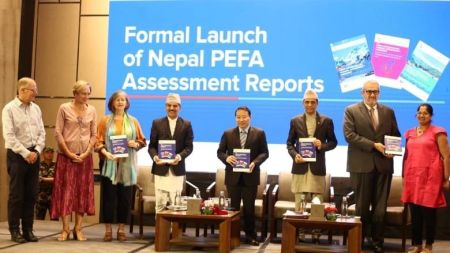Why did you choose to invest in a hospital, considering the various investment opportunities available in different sectors?
First, I decided to invest in the hospital alone. Later, I brought the Jyapu Samaj to the hospital. At that time, Star Hospital had just started to operate from its new property in Sanepa. The hospital which had only 50 beds back then was under-capitalised. The then management of the hospital was having a hard time running the hospital. I decided to take the challenge as I was helping a backward community to realise their mission of getting involved in a hospital. Star Hospital is more or less a community hospital though it is not defined as a community hospital. Jyapu Samaj walked in with as many as 3,400 shareholders. The shareholders have invested from a minimum of Rs 25,000 to Rs 30 million. It took us a while to turn around the hospital.
What sets Star Hospital apart from other hospitals in Nepal?
When Star Hospital launched its service, very few people knew about the hospital. During the Covid-19 pandemic, we were very much involved in the treatment of Covid-19 patients. We were the first private hospital to conduct PCR tests for Covid-19. Once the PCR testing started, the hospital saw an influx of around up to 2,000 cases for PCR testing in a single day. We were the first private hospital to admit Covid-19 patients. The mortality rate during COVID-19 was very low as we had a very good nursing and medical fraternity involved in the treatment. Initially, we were just known to the people in a radius of 1 kilometre from the hospital building. We gradually started receiving calls from other parts of the Valley and then from all over Nepal for the treatment of Covid-19 patients. That was a turning point for Star Hospital.
When did you upgrade the hospital?
That was in 2020. We installed electric beds, bought the latest GI equipment and installed a gastrointestinal centre (GI). Unfortunately, Senior Gastroenterologist Dr Ishwor Lal Acharya, who was supposed to run the centre, passed away after he contracted Covid-19. The GI centre could not take off the way we had planned. But we are now revitalising the GI centre as we have the best system in the world. We have a very good neurology section. We have one of the best orthopaedics. We do total knee and hip replacement and also provide spinal surgery service.
What are the latest technologies the hospital has introduced?
We brought in the latest and best GI equipment in the world. We have the best tools and equipment for urology brought from Germany. We have the best and most modern gynecology operation-related equipment. We are working to upgrade the 32-slice CT scan machine with a 160-slice CT scan machine. We are buying a radiotherapy machine which will cost around Rs 350-400 million.
How do you assess the development of private health facilities in the country?
There is a tough competition in terms of self-sustainability among the private hospitals. The number of people visiting private hospitals for health services has declined. The government has introduced a health insurance policy with heavy subsidies. Similarly, there is the Social Security Fund for employees of various organisations. However, the insured have to visit the government hospitals to avail insurance facilities. A big chunk of the population has to receive treatment at the government hospitals in this way. This is a major challenge for the private hospitals.
How do you evaluate the contribution of private hospitals in preventing capital flight in the name of health and medical treatment?
I took my mom to New Delhi for knee replacement some 12 years back as the service was not available in Nepal. It would cost around Rs 1.5 million, including airfare and accommodation, for a single knee replacement in New Delhi. Bilateral knee replacement costs only Rs 800,000 at Star Hospital. We also provide a one-month physiotherapy service following the surgery. More people are convinced to have total knee replacement (TKR) done at our hospital today. Many Nepalis living abroad are visiting Nepal for knee replacement services as it is way cheaper. The trust of people in the hospitals and doctors of Nepal has been on the rise in recent years. If the trust builds up further, people will not seek their treatment abroad.
What potential do you see for Nepal to develop as a medical tourism hub?
Developing Nepal as a medical tourism hub is our next goal. We have excellent medical professionals and international standard medical equipment. Our doctors boast postgraduate degrees from all over the world including Europe and the USA. The cost of receiving treatment is far lower compared to other countries where the costs are exorbitant. People from African countries and Asian countries like Pakistan and Afghanistan are our potential customers.


